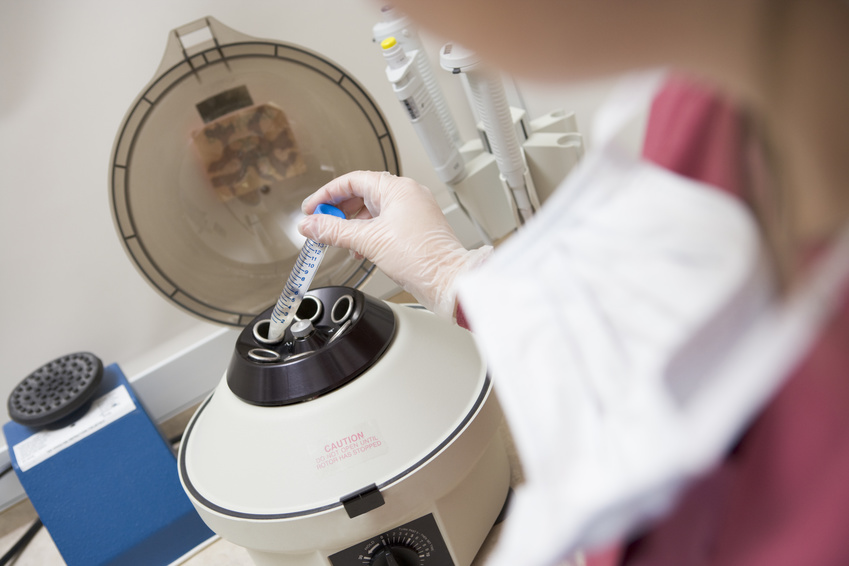While pregnancy is a natural part of life for many women, some women who want to have children are met with obstacles along the way. If you find that you are having trouble conceiving a child or need to buy yourself more time to have children for any number of reasons, you may be considering going through the process of in vitro fertilization. A part of this process is known as embryo cryopreservation. If you are considering IVF Florida and want to better understand the process of embryo cryopreservation, get the information you need to make the right decision for you and your circumstances.
How Does IVF Work?
IVF is a process that starts with a woman taking injections of hormone drugs designed to stimulate her body to produce eggs. These rounds of hormone treatments are paired with the extraction of those eggs from the ovaries. The extracted eggs are tested for viability and then are either frozen (undergo cryopreservation) or fertilized to be implanted or kept for later.
What Is Embryo Cryopreservation?
Embryo cryopreservation is the way in which those harvested eggs or fertilized embryos are stored. Embryos, fertilized or unfertilized cannot survive for long if they are not preserved in some way. Cryopreservation prevents the embryos you worked so hard to create from “going bad” or becoming unusable if you are unable to or not ready to implant the embryos right away.
The cryopreservation process involves the careful examination of the embryos in question. If they pass all of the criteria and inspections necessary to be preserved, then your doctor will prepare them and freeze them for long-term storage.
How Long Do Preserved Embryos Last?
Once your embryos or eggs have gone through the embryo cryopreservation process, you may wonder how long those embryos will remain viable or usable while frozen. While every embryo is different and may react differently to the unfreezing process, the general consensus among medical professionals is that these embryos can last up to 50 years. Of course, you will not be able to carry an embryo that has been preserved for 50 years. So, it is safe to say that the frozen embryos can survive long past your reproductive lifespan.
Why Would Someone Choose Embryo Cryopreservation?
Many people who choose to go through the IVF process want to get pregnant and have a child immediately. However, this is not always the case, and even if it is, embryo cryopreservation is still a good option to consider. The treatment process for IVF of taking medications and harvesting eggs can be invasive, uncomfortable, and very expensive. As such, you want to get the most out of each round possible and freezing some of the “leftover” embryos is an excellent way to do that. Other reasons for embryo cryopreservation include cancer, possible loss of life, age, and an inability to carry a child to term (using a surrogate at a later time).
With this information in mind, you can better decide if IVF and embryo cryopreservation are options that meet your fertility needs and goals.

Leave a Reply
You must be logged in to post a comment.